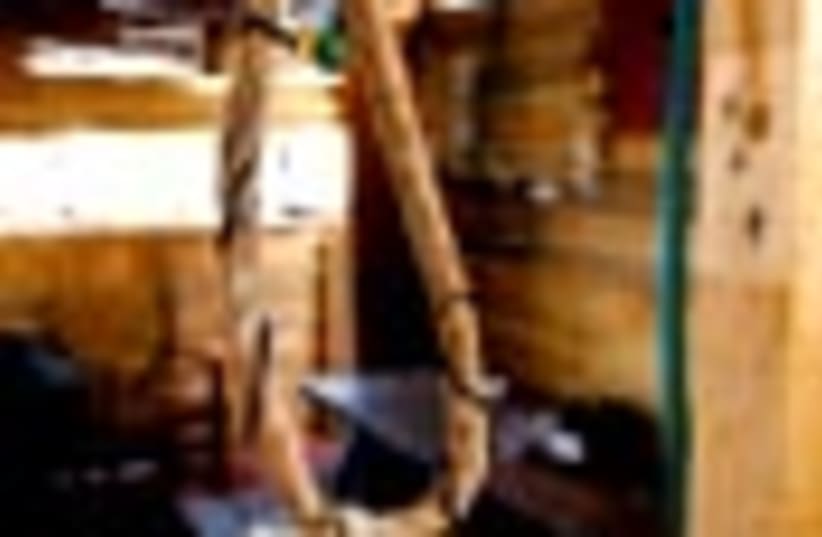| More about: | Baruch Goldstein, Yedioth Ahronoth, Henry Kissinger, Eden Natan-Zada |
Caught in a loop
A decade later, furious youths on the far Right are taking aim at the prime minister.


| More about: | Baruch Goldstein, Yedioth Ahronoth, Henry Kissinger, Eden Natan-Zada |